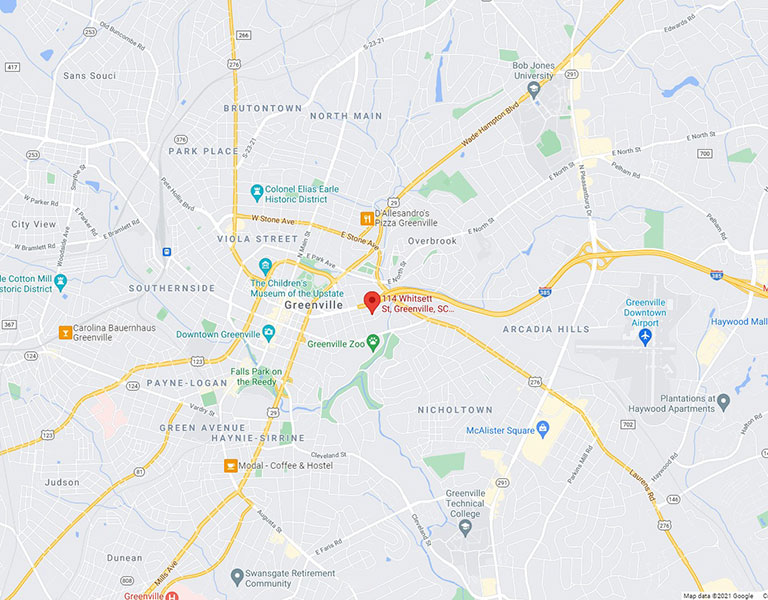If authorities seize your belongings or search your property without legal approval, it is a violation of your rights. Regardless of why authorities may want to look through your property, certain protocols must precede their actions.
Knowing your Fourth Amendment rights can help you protect yourself from illegal search or seizure of the possessions and space that are rightfully yours.
Evidence of reason
The fourth amendment provides protection for you and requires law enforcement personnel to obtain specific information prior to searching your property. According to the Cornell Law School, depending on the circumstances, they must have either a warrant or probable cause that you did indeed commit a crime. Your fourth amendment rights protect you in multiple scenarios including the following:
• Authorities enter your home to arrest you
• Authorities enter your home to search the premises
• Authorities stop you for questioning
• Authorities stop you for a traffic violation
• Authorities confront you at work
• Authorities confiscate your personal property
Other repercussions
Being the subject of an illegal search or seizure can create ongoing problems for you including emotional trauma and PTSD. If your arrest took place in public, such as your workplace, you may lose your job and the trust of your associates. Each of these collateral effects can impact your life in detrimental ways, damage your reputation and degrade your confidence.
If you are the victim of an illegal search or seizure of your property, you may choose to file a lawsuit. Make sure you document all of your interactions with the authorities and describe in detail why the situation violated your rights.


